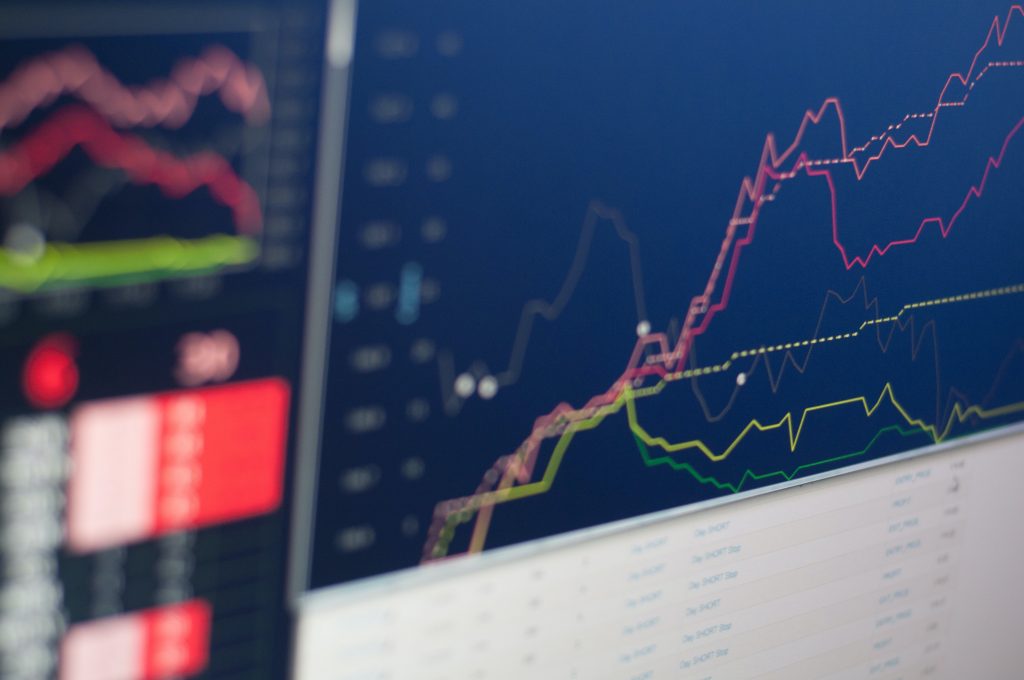The $6.6-trillion forex market is one of the biggest and most volatile entities of its type in the global financial space, while it’s 24/7 nature drives incredibly high levels of volatility on a daily basis.

Interestingly, the 24-hour forex market is split between three separate trading sessions; namely North America, London and the Asia-Pacific region.
But times do these variable sessions cover, and is there a preferable time or period during which to trade forex?
When Exactly is the Market Open?
In total, the fully electronic forex market is open at least somewhere in the world between 10pm Sunday and 10pm Friday Greenwich Mean Time (GMT).
Within these relatively broad opening hours, each exchange has its own unique times of operation from Monday through Friday. These can be broken down as follows:
- London: 8am to 5pm (GMT)
- New York: 1pm to 10pm (GMT)
- Sydney: 10pm to 5am (GMT)
- Tokyo: 12pm to 9am (GMT)
As we can see, the London and New York Stock Exchanges underpin activity in the North American and European markets, while the Asia-Pacific session runs from 10pm and 9am GMT and incorporates the opening hours of both the Sydney and Tokyo Stock Exchanges.
When is the Best Time to Trade Forex?
Of course, many people will select their chosen trading session based on their location and working hours, whereas others will base this decision on their selected currencies and peak periods of activity for such assets.
However, there are a couple of points to keep in mind here, starting with your risk profile, outlook and experience as a currency trader.
More specifically, busier trading periods typically increase volatility accordingly, with this creating potentially higher profits and risk for traders.
As we can see, there are numerous periods during which trading sessions crossover (such as the four hours between 1pm and 5pm when both the London and New York exchanges are open), with such time-frames notoriously volatile and ideal for those who want to leverage price fluctuations to their advantage.
Conversely, traders who are inexperienced or somewhat risk-averse should avoid these peak periods of volatility, and focus on quieter, less active time-frames in which they can gauge market sentiment and tread a little more cautiously.
This way, they can minimise risk and exposure in real-time, while seeking our more modest returns and avoiding the most volatile price shifts.
The choice is ultimately yours, of course, but these are definitely some of the main factors you should consider when targeting specific trading sessions.

